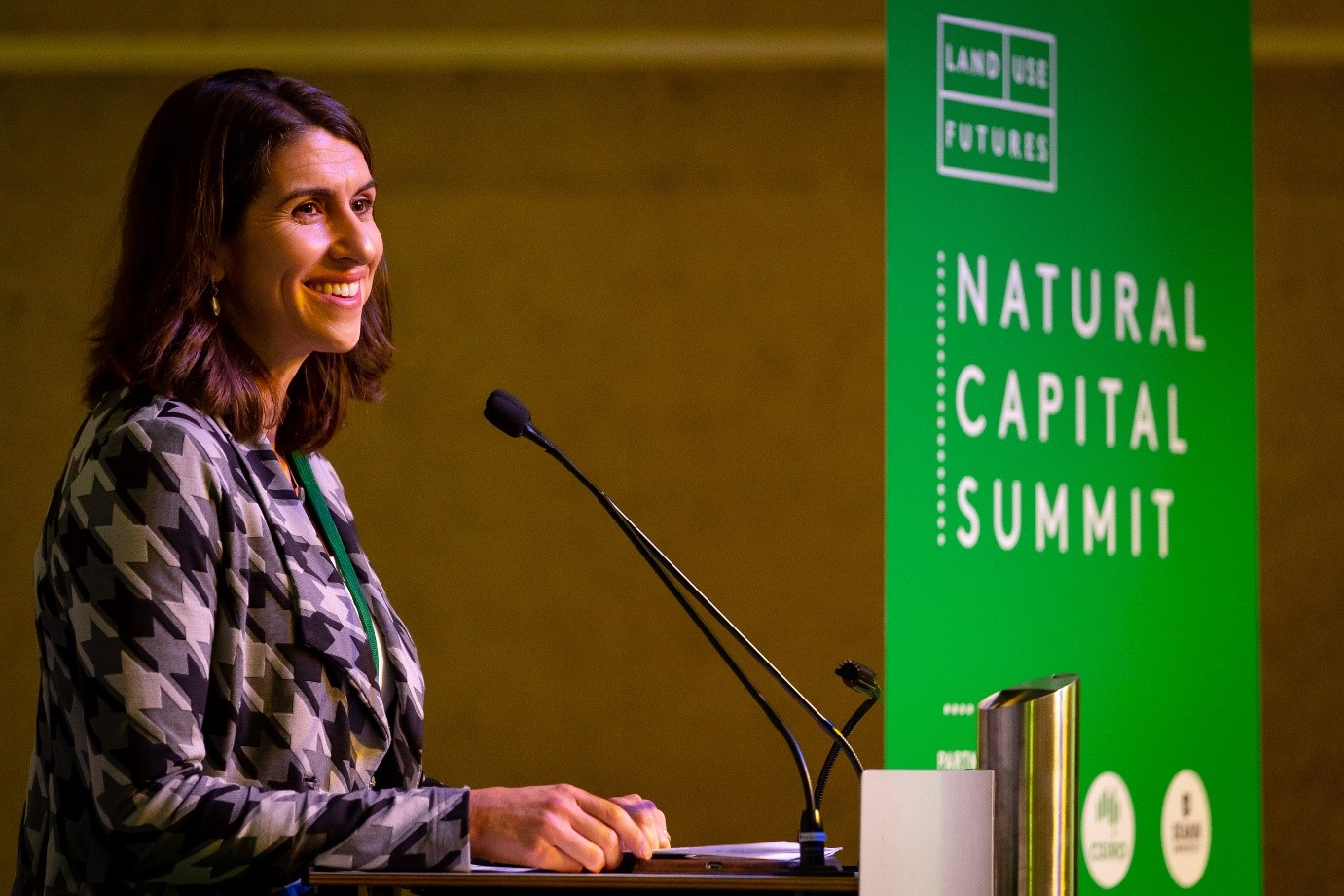
Anna Skarbek is CEO of ClimateWorks Australia, having led the non-profit since its creation in 2009. A former banker, policy adviser and lawyer, she is also a board member of Impact Investment Group, Green Building Council of Australia and the Centre for New Energy Technologies, and was a founding director of the Clean Energy Finance Corporation. Previously, Anna worked in London’s carbon markets as vice president of advisory with Climate Change Capital. ClimateWorks’ independent, nonpartisan approach sees Anna and her team advising state and federal governments, large corporations and others on decarbonisation pathways.
Tell us more about your organisation
ClimateWorks was established to bridge the gap between research and action. Our team provides decision-makers in business and government with tailored information and tools, and works with key stakeholders to remove obstacles and help create conditions that support the transition to a prosperous, net-zero emissions future. Co-founded by The Myer Foundation and Monash University, a renowned Melbourne, Australia-based research university, ClimateWorks is a non-profit organisation of specialist analysts and advisers, within the Monash Sustainable Development Institute.
ClimateWorks entered 2020 with a new strategy for the transformative decade ahead. In recognition of the urgency of new climate findings, we’re aiming for system-level transitions to reach net-zero emissions across Australia, Southeast Asia and the Pacific. We have recently established a team in Jakarta, Indonesia, and are increasingly working across the region to advise decision-makers with the power to reduce emissions at scale. ClimateWorks convenes and facilitates relationships with an international network of organisations to craft effective policies, support financing and spur action for emissions reduction. We have boosted our capabilities and systems change approaches, aiming to work across seven key “systems” including: cities, industry, energy and food, land and oceans, as well as sustainable finance, corporates and economies. Find out more about our story.
How have you leveraged being an MI champion?
Our innovation focus at ClimateWorks includes mapping pathways that show how technologies can help decarbonise various sectors. We support ways to reduce emissions from industry by bringing together players from different sectors and supply chains, setting mission-oriented goals, and “back-casting,” which uses a net-zero economy as a starting point and identifies the steps needed along the way to actually achieve it. Currently, we’re designing new ways to invest in “renewable energy industrial precincts,” which are clusters of manufacturing and industrial sites connected to sources of clean, renewable energy with high-voltage transmission lines. We want to leverage large-scale private investments to help improve entire supply chains rather than focusing on one key technology within the chain. Also, we’re co-convening the Australian Industry Energy Transitions Initiative, which brings together companies from industry and finance to take action toward net-zero emissions across five supply chains – steel, aluminium, other metals, liquified natural gas and chemicals. The partners represent about one-quarter of the market value of the ASX 100 (Australia’s large-cap stock index) and 21 percent of Australia’s industrial emissions.
Do you have any upcoming plans you wish to share with the MI community?
ClimateWorks has a team in Indonesia and partners across Southeast Asia. We recently partnered with the Sustainable Development Solutions Network (a UN initiative) and the Jeffrey Sachs Center on Sustainable Development at Sunway University in Malaysia to build the economic and technical case for decarbonisation in the Association of Southeast Asian Nations group. The project focuses on more regional collaboration, such as cross-border energy trading and strengthening value chains for low-carbon technologies. Over the coming months, the project will facilitate engagement and information-sharing with decision-makers from the region.